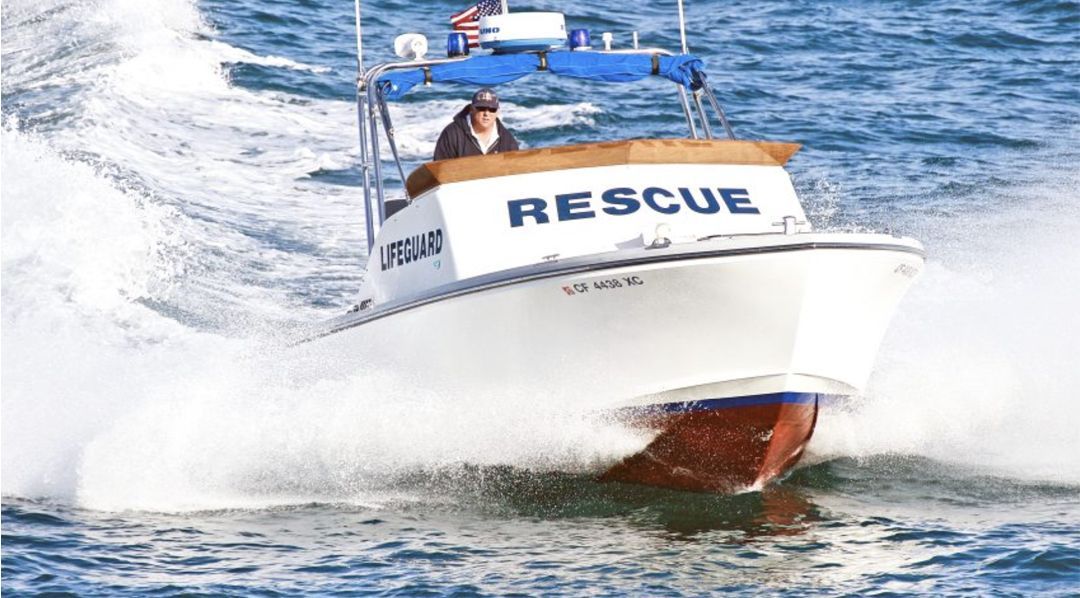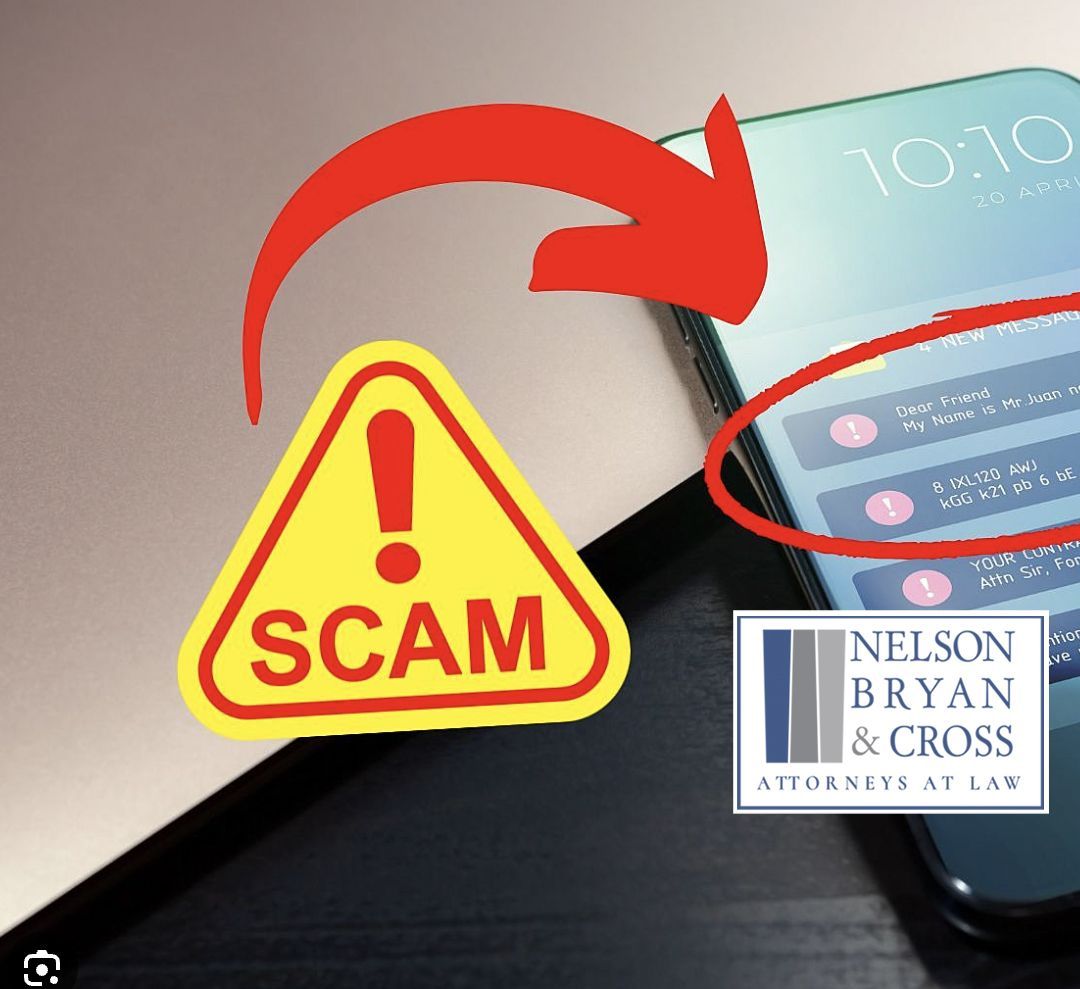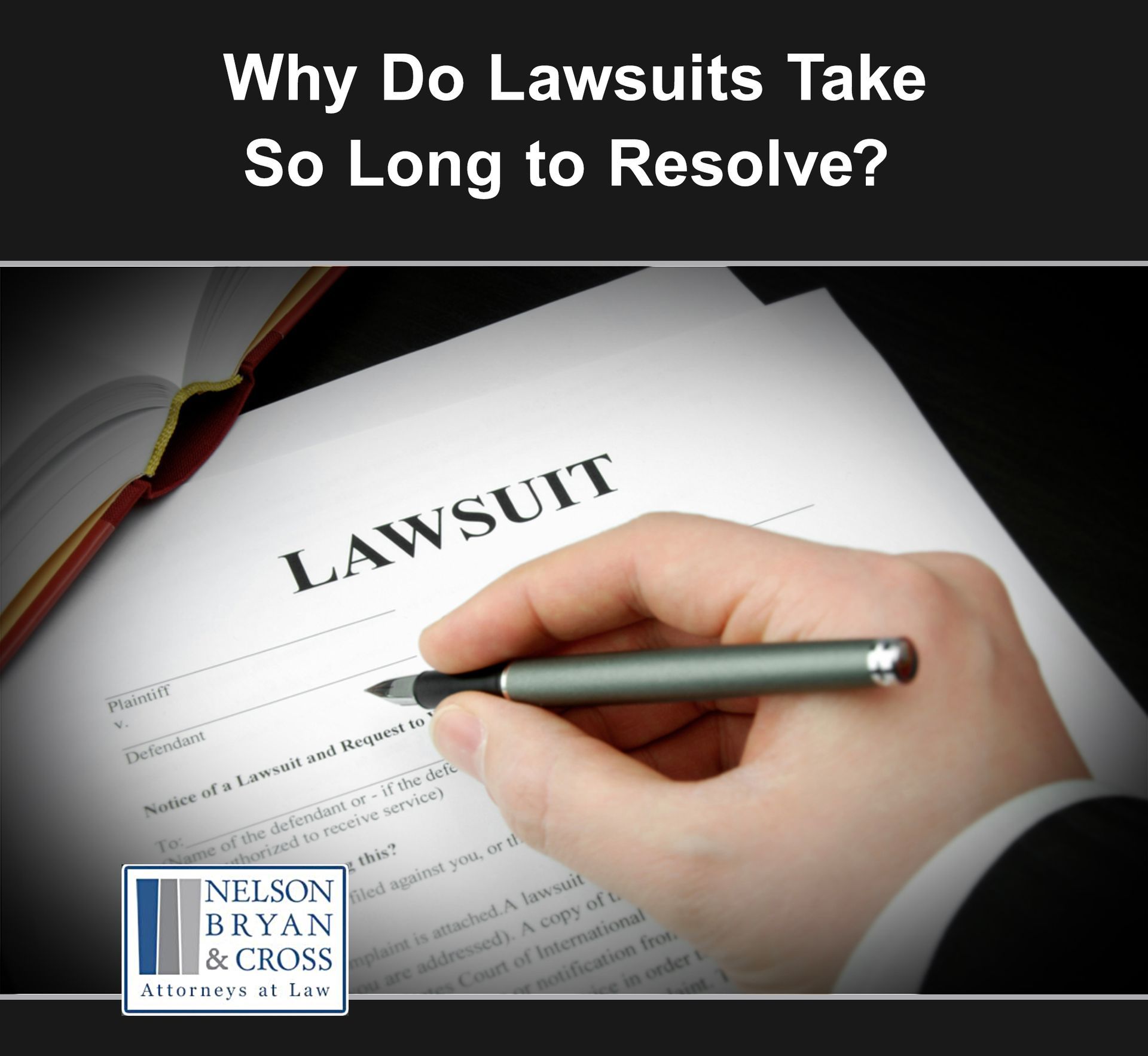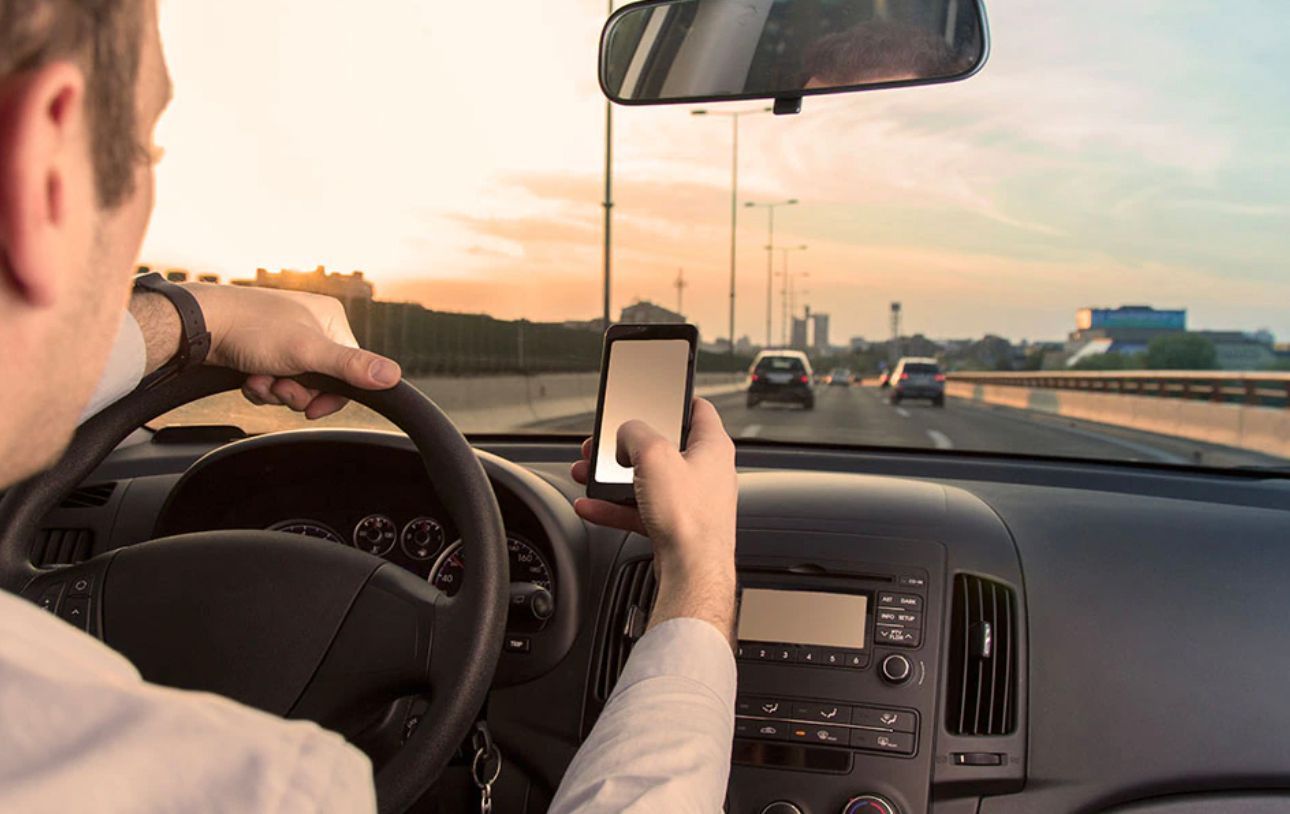Blog

The Importance of Changing Passwords: Enhancing Security Amidst Inconvenience In today's digital age, where our lives are increasingly intertwined with technology, the security of our personal information is paramount. One of the simplest yet most effective measures we can take to protect ourselves online is regularly changing our passwords. While this practice may seem inconvenient at times, its significance cannot be overstated. Why Change Passwords? Passwords are the first line of defense against unauthorized access to our accounts, whether it's our email, social media profiles, online banking, or other sensitive information. Over time, however, passwords can become compromised due to various factors: 1. Data Breaches: Large-scale breaches happen frequently, exposing millions of passwords to cybercriminals. 2. Phishing Attacks: Deceptive attempts to trick users into revealing their passwords are increasingly sophisticated. 3. Weak Passwords: Passwords that are easy to guess or reuse across multiple accounts are vulnerable. Regularly changing passwords mitigates these risks by reducing the window of opportunity for attackers to use compromised credentials. Even if your password hasn’t been directly exposed, changing it periodically adds an extra layer of security. Best Practices for Strong Passwords When updating passwords, it’s crucial to adhere to best practices to maximize security: • Complexity: Use a mix of uppercase letters, lowercase letters, numbers, and special characters. • Length: Aim for a minimum of 12 characters; longer passwords are generally more secure. • Uniqueness: Avoid using the same password across multiple accounts to prevent a single breach compromising all your accounts. • Avoid Personal Information: Refrain from using easily guessable information like birthdates or pet names. Managing the Inconvenience Despite understanding the importance of changing passwords, many users find it inconvenient. Here are some tips to manage this process effectively: • Password Managers: These tools securely store and generate passwords, making it easier to maintain unique and strong passwords across accounts. • Set Reminders: Use calendar reminders or built-in features of password managers to prompt regular password updates. • Two-Factor Authentication (2FA): Enable 2FA wherever possible to add an extra layer of security beyond passwords. The Bottom Line While changing passwords might seem like a hassle, it’s a small inconvenience compared to the potential consequences of a security breach. By doing so, you’re actively taking control of your online safety and reducing the risk of falling victim to cyberattacks. Whether you’re protecting personal information or sensitive business data, regular password changes are a crucial step in safeguarding against cyber threats.

Is it love, or is it a scam: Navigating the Perils of Romance Scams In today’s digital age, finding love online has become increasingly common. Dating apps, social media platforms, and matchmaking websites offer convenient avenues to connect with potential partners worldwide. However, amidst the possibilities of romance lie lurking dangers—romance scams. These fraudulent schemes prey on individuals seeking companionship, exploiting their emotions and trust for financial gain. The Rise of Romance Scams Romance scams have surged in recent years, fueled by the proliferation of online dating and social media. According to the Federal Trade Commission (FTC), Americans reported losing a staggering $547 million to romance scams in 2020 alone. Since then, those numbers have only continued to rise. How Do Romance Scams Work? Typically, romance scammers create fake profiles on dating sites or social media platforms, portraying themselves as sincere and attractive individuals. They invest time in building a relationship with their victims, showering them with affection and attention to foster a sense of intimacy. Once trust is established, the scammer often fabricates a crisis—a sudden illness, a financial emergency, or a need to visit the victim—which requires money to resolve. Warning Signs to Look Out For Recognizing the signs of a romance scam can prevent devastating financial and emotional losses: 1. Too Good to Be True: Scammers often present themselves as ideal partners, displaying an unnaturally perfect profile. 2. Quick Professions of Love: Declarations of love or intense emotions early in the relationship may indicate manipulation. 3. Requests for Money: Be wary of sudden requests for financial assistance, especially if the person has not met you in person. 4. Inconsistencies in Stories: Pay attention to inconsistencies in their background or details that don’t add up over time. Protecting Yourself Against Romance Scams 1. Verify Identity: Use reverse image searches or request video calls to verify the person's identity. 2. Guard Personal Information: Limit the amount of personal information shared online, especially financial details. 3. Remain Cautious: No matter the trust level that has been established, always question unusual requests for money or assistance, especially if the person claims it’s urgent. 4. Report Suspicious Activity: If you suspect a scam, report it to the platform where you met the individual and to authorities like the FTC or local law enforcement.

Long warm-weather seasons and the abundance of beautiful lakes naturally make recreational boating a popular pastime on area lakes. Sadly, each year tallies thousands of boating accidents and hundreds of fatalities, statistics that are inevitably increased due to impaired vessel operators. Needless to say, other factors influence boating accidents, but it is safe to say none of them listed here is more easily avoidable, or in the operator's full control than operating a watercraft under the influence of alcohol or drugs. Here are some important reminders of how to keep yourself and your loved ones safe while boating. WHY ARE BOATING ACCIDENTS SO DANGEROUS? Unlike an accident on dry land, emergency medical assistance is not readily available on the water. And, if the boat operator is injured, there may not be anyone else who can summon help or drive the boat to shore. In addition, drowning is the cause of an overwhelming majority of boating accident fatalities (79%). When a vessel operator or passenger goes into the water as the result of a crash, it is unlikely that help will arrive in time to save them. Knowing that many of these deaths could have been prevented if the victims had worn life jackets makes the statistics even more tragic. WHAT ARE THE MOST COMMON CAUSES OF BOATING ACCIDENTS? The U.S. Coast Guard identifies the following top 10 causes of recreational boating accidents: Alcohol use (by boat drivers and passengers) Operating a watercraft under the influence of alcohol or drugs is dangerous AND illegal. Alabama boating laws state that "No person shall drive or be in actual physical control of a vessel or manipulate any water skis, aquaplane, or any other marine transportation device while: there is 0.08% or more by weight of alcohol in the blood. (BAL) under the influence of alcohol. under the influence of a controlled substance. under the combined influence of alcohol and a controlled substance. under the influence of any substance that impairs the mental or physical faculties of the person. Refusal to submit to a field breath test or other approved testing shall result in the same punishment as provided for operators of motor vehicles on the state highways (automatic suspension of vessel license). Operator inattention Many accidents are caused by a distracted operator who fails to notice an oncoming vessel, sudden squall, swimmers, or other impending danger. Improper lookout For decades best-practice guidelines have recommended a second individual be assigned the role of "spotter" in recreational boating. The spotter's role is to be an extra lookout for swimmers or other potential hazards so the vessel operator can focus solely on controlling the vessel. Like a distracted boat driver, a designated lookout person who is not paying attention may inadvertently cause an accident by failing to warn the operator about potential hazards. Lack of operator instruction and experience Some data shows as much as 70% of boating fatalities occur on boats where the operator had not received proper boating safety instructions. In contrast, fatal accidents involving operators who had earned nationally-approved boating safety education certificates typically make up less than 20% of annual fatality totals. Experience as a boat operator can be harder to gain as recreational boating does not usually occur on a daily basis. Excessive speed Just like on public highways, speeding is a major cause of serious boating accidents. In fact, driving a boat at high speed can be more dangerous than speeding in a car because it takes more time to stop or change direction in order to avoid a crash Machinery or equipment failure A defective part or equipment malfunction can cause a serious accident. This could be caused by poor maintenance or a flaw in the design or manufacture of the vessel or equipment. Navigation rules violation Being unfamiliar with the rules governing certain lakes and waterways can result in collisions where people are injured or killed. Navigational laws can vary, even within the same state, so it’s wise to become familiar with the rules for each destination. Hazardous weather conditions Weather can change rapidly, especially in large bodies of water. Even if the weather is fair at the beginning of a ride, boat operators should monitor weather reports throughout the trip and watch for changing conditions. Rough water due to currents or tidal flow Sudden shifts in the current or tide can result in rough and hard-to-navigate waters, particularly for smaller boats. Therefore, operators should be extra cautious when entering areas that are known for these conditions. Force of wave/wake When the hull of a boat moves through the water, it creates waves that are known as a wake. Depending on the size and speed of the boat, these waves can be quite strong. In addition, a wake created by a large boat can cause a smaller boat to capsize or veer into another boat. View the full Alabama boating laws page online

Telephone Scams and Mail Fraud have been around for a long time, with bad actors attempting to take advantage of innocent and vulnerable people. When email became common in our society, it didn't take the bad guys long to adapt their tactics and modern culture called these new forms of email attacks "Phishing Scams." Now, more than ever, modern smartphones allow business to be conducted by text and it is not surprising that scammers are once again targeting this new technology. The common goal of all of these attacks is to steal money from unsuspecting victims. The technical name for what most of us call a text message is SMS, which stands for "Short Message Service." Combining this new acronym with the now common email Phishing Scam gives us "Smishing Scams," yet another threatening term those of us doing business on our phones need to be alert to. Like phishing emails, smishing texts are social-engineering scams that aim to manipulate people into turning over sensitive data such as Social Security numbers, credit card numbers, and account passwords or providing access to a business computer system. They rely on persuading you that the sender is a familiar or trusted source and that urgent action is needed to secure a benefit, resolve a problem, or avert a threat. They might come from a mobile provider, or a service like Netflix or PayPal , claiming your account has expired or been locked, and you need to provide personal information or click on a link to reactivate it. That gives the scammers the means to steal your money or identity or to infect your device with malware. Bogus bank fraud warnings were the most common type of text-based scams reported to the Federal Trade Commission (FTC) in 2022 — up nearly 20-fold since 2019. These texts will often appear to be from major banks like Wells Fargo or Bank of America, with urgent messages for customers to verify a transaction, according to the agency. Also extremely common: fake delivery-related text messages , purportedly from the likes of Amazon, FedEx, or the U.S. Postal Service about an impending package or a shipment snafu . You may be sent to a website, where you’re asked to verify your address and perhaps pay a small “redelivery fee.” But variations abound. A scam text might say you've won a lottery prize or a gift card , or promise a break on break on student loan debt . It could look like an alert from a government agency such as Social Security or the IRS or a link to a phony invoice or cancellation notice for a product or service you supposedly bought. WARNING SIGNS YOU CAN LEARN TO SPOT: A text message requests personal information, such as your Social Security number or an online account password. The message asks you to click a link to resolve a problem, win a prize, or access a service. The message claims to be from a government agency. Government bodies seldom initiate contact with someone by phone or text, according to the Federal Communications Commission (FCC). WHAT CAN YOU DO TO HELP PROTECT YOURSELF AND YOUR FAMILY? Consider using tools that filter or block unwanted messages or unknown senders: Your mobile device may have built-in spam protection. Check the settings on its messaging app. Most major wireless carriers offer call-blocking services . Some call-blocking apps (see “More resources” below) also filter out junk texts. Don’t reply, even if the message says you can “text STOP” to avoid more messages. That tells the scammer or spammer your number is active and can be sold to other bad actors. Don’t assume a text is legitimate because it comes from a familiar phone number or area code. Spammers use caller ID spoofing to make it appear the text is from a trusted or local source. Never click on links in suspicious texts. They could install malware on your device or take you to a site that does the same. Contact the company or organization that supposedly sent the text, using a phone number or website you know to be legitimate, if you think it might concern a genuine problem.

The period between Memorial Day and Labor Day is historically the most dangerous time of year for teen drivers. Some research shows up to 30% of all teen driving fatalities occur during the summer months. Teen drivers lack experience, and the summer months provide multiple reasons for increased risk. Not only is there more daylight and warmer weather, but most teens are out of school and have more free time to be behind the wheel. Here are five safety tips for your teen driver to practice, not just in the summer months but all year long. 1. Avoid Distraction . Research shows as high as 60% of all teen vehicle crashes involve driver distraction. One common misconception is that cell phones are the number one cause of distraction for teen drivers but that is actually not the case. Other passengers create more distractions for teen drivers than any other source. 2. Buckle Up . It is discussed so often that it may seem trite but seatbelt use is proven to reduce fatality rates in motor vehicle accidents. but data shows buckling up can reduce the risk of fatal injury by as much as 45%. 3. Impaired Driving . As high as 15% of all teen driving fatalities involve a blood alcohol content of more than twice the legal limit. 4. Limit Passengers. Most states, including Alabama, have graduated license laws restricting the number of passengers in vehicles operated by teen drivers. Literally all available data associates fewer passengers with lower fatality rates in motor vehicle accidents involving teen drivers. 5. Reduce Nighttime Driving. The fatal crash rate of 16-19-year-olds is nearly 400 times higher at night than during the day.

Identity theft affects millions of people each year and can cause serious harm. Protect yourself by securing your personal information, understanding the threat of identity theft, and exercising caution. Here are 10 things you can start doing now to protect yourself and your loved ones from identity theft: Protect your Social Security number by keeping your Social Security card in a safe place at home. Don’t carry it with you or provide your number unnecessarily. Be careful when you speak with unknown callers. Scammers may mislead you by using legitimate phone numbers or the real names of officials. If they threaten you or make you feel uneasy, hang up. Create strong, unique passwords so others can’t easily access your accounts. Use different passwords for different accounts so if a hacker compromises one account, they can’t access other accounts. Check out the Federal Trade Commission’s password checklist for tips. Never give your personal or financial information in response to an unsolicited call or message, and never post it on social media. Shred paper documents that contain personal information, like your name, birth date, and Social Security number. Protect your mobile device from unauthorized access by securing it with a PIN, adding a fingerprinting feature, or using facial recognition. You can also add a password and adjust the time before your screen automatically locks. Regularly check your financial accounts for suspicious transactions. You can also request and check a free credit report from each of the three credit bureaus every year: TransUnion , Equifax , and Experian . Avoid internet threats by installing and maintaining strong anti-virus software on all your devices—including your mobile device and personal computer. Use a virtual private network (VPN) to stay safe on public Wi-Fi. Do not perform certain activities that involve sensitive data, like online shopping and banking, on public Wi-Fi networks. Protect yourself on social media by customizing your security settings and deleting accounts you no longer use. Also, double-check suspicious messages from your contacts, as hackers may create fake accounts of people you know. Never click on any link sent via unsolicited email or text message—type in the web address yourself. Only provide information on secure websites.

Every accident case is different. Some settle more quickly than others. However, it is not uncommon, for a personal injury case to take a year or more to resolve after the case has been filed in court. Evaluating the Injury Prior to filing a lawsuit, it takes time to determine the full extent of your injuries. Doctors are often unable to give an opinion about the seriousness of an injury until your condition has stabilized. In serious injury cases, it may even take a year after the accident before your doctor can say whether or not your injuries are permanent. It is extremely important to take the necessary time to fully evaluate your injuries. You have only one chance to prove the extent to which you have been harmed. Once you accept a settlement offer, that decision is final. You cannot go back and ask for more money if you later find out your injuries are more serious. An experienced personal injury attorney knows how to keep your case moving through the legal system. Your personal injury case may move through these stages: 1. Written Discovery The written discovery period can last over six months. You will be asked to answer written questions (interrogatories) under oath. You will also be asked to produce documents or authorize others to produce documents such as accident reports and medical records. 2. Depositions During a deposition, you will be asked questions under oath. A court reporter types a record of everything that is said. Not only will you be questioned about the accident and your injuries, you will be asked questions about what your health, education, and work were like before the accident. 3. Mediation and Settlement The Court almost always requires a settlement conference or mediation before personal injury cases can go to trial. At mediation, a neutral trained mediator goes over the issues and evidence with the parties to help guide them toward a settlement agreement. 4. Trial If your case does not settle and goes to trial, a jury decides what your injury is worth. It can take eighteen months or longer to get the trial scheduled. Once the trial is over, there may be further appeals and motions. It's possible for the parties to settle the case during trial or even after trial in order to end an appeal. Your best strategy is to contact an attorney with experience in handling personal injury cases. Your attorney can give you an estimate about the length of time it takes to resolve your type of case. Also, ask your attorney to give you frequent reports on the status of your case so you know that your case is making its way through the legal process. It's understandable that you may be frustrated at the speed your case seems to be moving. However, you should never rush to take the first settlement offer made by an insurance company. The first offer is rarely your best settlement offer. .

Distracted driving has been on the increase for the last several years and continues to be one of the leading causes of vehicle accidents throughout the United States. If you are texting and driving down the highway at 55 mph, that’s like traveling the length of a football field with your eyes closed. You can only drive safely when your full attention is on the road. Any activity that isn’t related to driving is a potential distraction and increases your risk of a collision. While most research points to a mobile phone as the number one culprit, it is far from the only activity potentially stealing a driver's attention. Eating or drinking, grooming, radios, other passengers - especially children, and even pets can also be significant factors. Distracted driving accidents are preventable 99% of the time. Driving can become mundane at times, but we all must remember when driving we have an obligation to the safety of not only ourselves but those who ride with us and other drivers we share the road with. Some studies show listening to podcasts or certain types of music can enhance our concentration. It’s important to practice safe habits behind the wheel. You want to make sure that your passengers know how serious you are about driving without distractions. One of the most effective ways to lead is through example. Be a good example for your friends and family by avoiding driving while you’re distracted.

We see this question all the time. The injured party doesn’t want to use their own health insurance to pay for an injury. They believe it is the responsibility of the person at fault to pay for their medical bills. That may feel like the right position for an accident victim to take but the truth is, most of the time the injured party will end up with a larger settlement if they do, in fact, use their own medical benefits. Here's why; Health insurance companies have a negotiated price for medical services that is about 15 percent less than what people have to pay who don’t have health insurance. If your medical bills are $50,000.00 but Blue Cross Blue Shield pays $15,000.00 and the person who caused the wreck has $50,000.00 in liability coverage, that leaves $35,000.00 available for the injured party versus $0.00. Generally speaking, Blue Cross Blue Shield will reduce the $15,000.00 to $10,000.00 leaving $40,000.00 available. The point is that there’s more money available when you take advantage of your healthcare negotiated rates whether it’s United Health Care, Medicare, Medicaid, or Blue Cross Blue Shield. More money is better. Using your health insurance to pay your medical bills if you are injured, will almost always end up maximizing your settlement.

Once you reach the age of 65 you have many more options than before. As you know if you go on Medicare and you are under the age of 65 your options for health plans are limited. When you turn 65 you will have another open enrollment period to sign up for any plan you wish to get. In other words, just because you are already on Medicare does not prohibit you from having all the options a person not on Medicare and turning 65 would have.